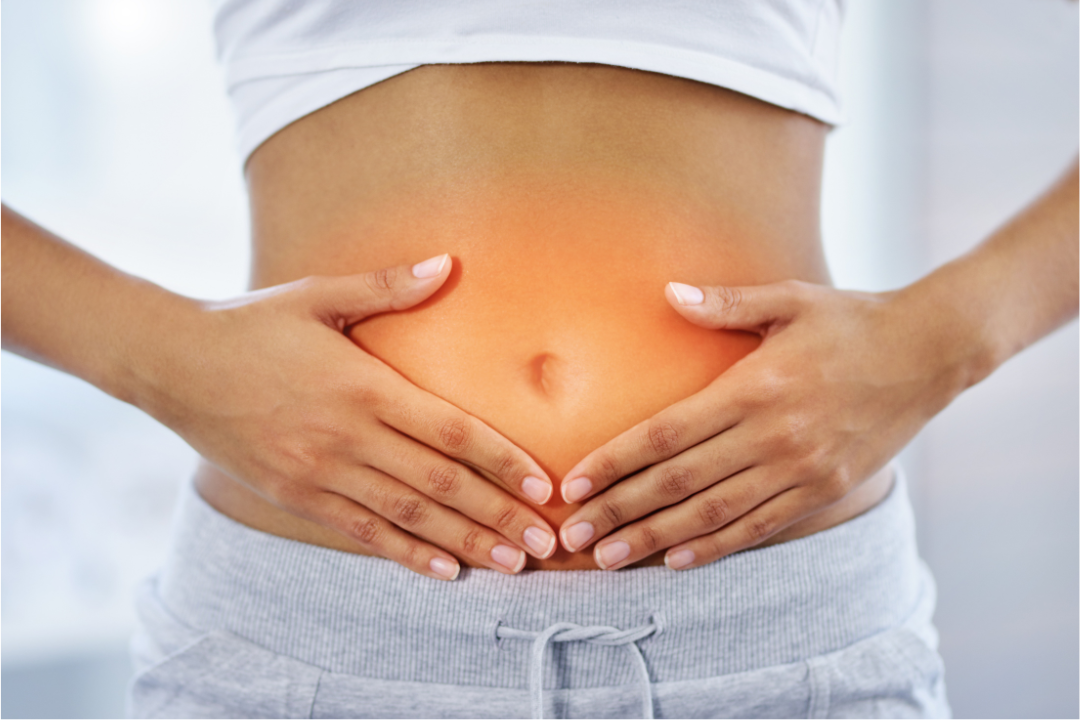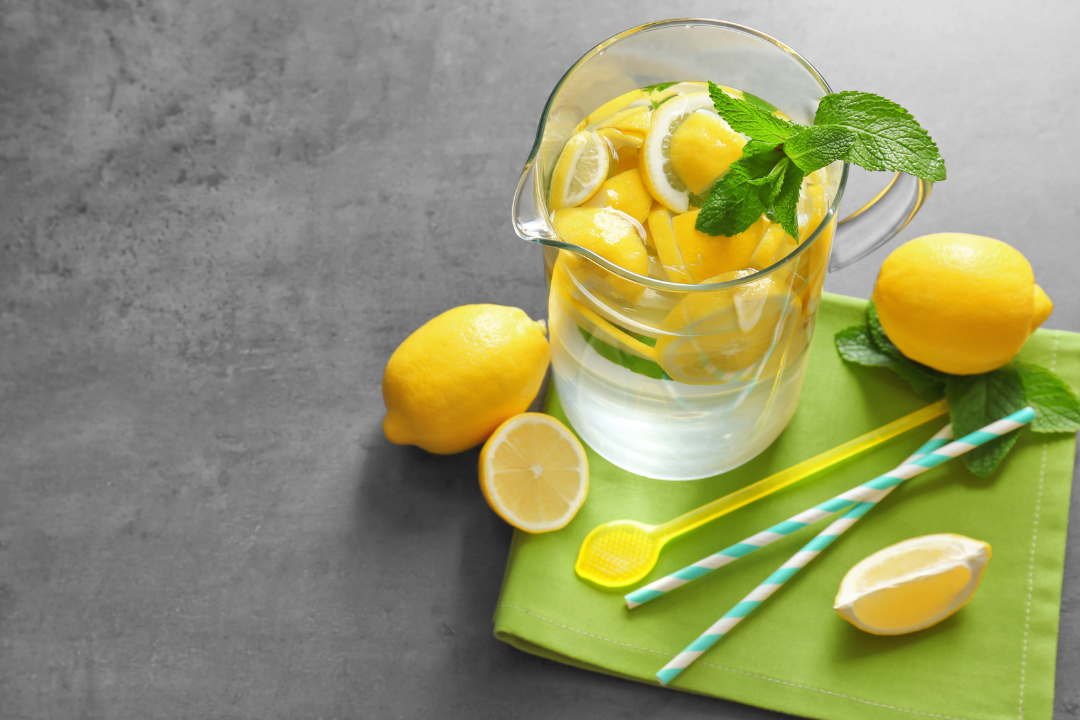What is Toxic Load?
Toxic load refers to the accumulation of harmful substances in the body from various sources, including the environment, food, water, and personal care products. These toxins can include chemicals, heavy metals, pesticides, and other pollutants that can negatively impact health. The body's detoxification systems, primarily the liver, kidneys, skin, and lungs, work to eliminate these toxins. However, when the toxic load exceeds the body's ability to detoxify, it can lead to various health issues, such as fatigue, hormonal imbalances, weakened immune function, and chronic diseases.
Sources of Toxins
-
Environmental Toxins:
- Air Pollution: Emissions from vehicles, industrial processes, and household chemicals.
- Water Contaminants: Heavy metals, pesticides, and industrial chemicals in drinking water.
- Household Products: Cleaning agents, air fresheners, and paints containing volatile organic compounds (VOCs).
-
Dietary Toxins:
- Pesticides and Herbicides: Residues on fruits and vegetables.
- Food Additives: Preservatives, artificial colors, and flavors in processed foods.
- Heavy Metals: Mercury in fish, arsenic in rice, and lead in certain foods.
-
Personal Care Products:
- Cosmetics and Skincare: Parabens, phthalates, and synthetic fragrances.
- Hair Products: Formaldehyde-releasing preservatives in shampoos and conditioners.
- Dental Care: Fluoride and triclosan in toothpaste.
-
Lifestyle Factors:
- Smoking: Tobacco smoke contains numerous carcinogens.
- Alcohol: Excessive consumption can burden the liver.
- Stress: Chronic stress can affect the body's detoxification processes.
Reducing Toxic Load
Reducing toxic load involves minimizing exposure to harmful substances and supporting the body's natural detoxification processes. Here are some practical steps:
1. Dietary Changes
- Eat Organic: Choose organic fruits, vegetables, and grains to reduce exposure to pesticides and herbicides.
- Whole Foods: Focus on whole, unprocessed foods that are free from additives and preservatives.
- Hydration: Drink plenty of filtered water to help flush out toxins.
- Healthy Fats: Include sources of healthy fats, such as avocados, nuts, and seeds, which support cell membranes and detoxification.
- Fiber: High-fiber foods like fruits, vegetables, and whole grains help bind and eliminate toxins through the digestive tract.
2. Clean Living Environment
- Air Quality: Use air purifiers, avoid synthetic air fresheners, and incorporate indoor plants that can help clean the air.
- Water Filtration: Use water filters to remove contaminants from drinking water.
- Natural Cleaning Products: Choose non-toxic, eco-friendly cleaning agents or make your own using ingredients like vinegar and baking soda.
3. Personal Care Products
- Read Labels: Avoid products with parabens, phthalates, sulfates, and synthetic fragrances.
- Natural Alternatives: Use natural deodorants, toothpaste, and skincare products.
- Simplify Routine: Reduce the number of products used daily to minimize exposure to harmful chemicals.
4. Healthy Lifestyle Practices
- Regular Exercise: Physical activity helps improve circulation and supports the lymphatic system in removing toxins.
- Sweating: Engage in activities that induce sweating, such as saunas, hot baths, and exercise, to help eliminate toxins through the skin.
- Stress Management: Practice stress-reducing techniques like meditation, yoga, and deep breathing exercises.
5. Support Detox Pathways
- Liver Support: Include foods that support liver function, such as cruciferous vegetables (broccoli, cauliflower), garlic, and turmeric.
- Gut Health: Maintain a healthy gut microbiome with probiotics and prebiotics to support digestion and toxin elimination.
- Kidney Function: Drink plenty of water and include foods that support kidney health, like berries and leafy greens.
- Parasite/Heavy Metal Cleanse: Incorporate natural cleanses to actively eliminate parasites and heavy metals from your body. Herbs like black walnut hull and oregon grape root are effective in breaking down biofilms, flushing out toxins, and eliminating parasites that contribute to toxic overload. For a comprehensive solution, try our Complete Parasite Detox Kit, which targets both parasites and heavy metals to support total body detox.
6. Mindful Consumption
- Avoid Plastic: Reduce the use of plastic containers and opt for glass or stainless steel to avoid exposure to BPA and other harmful chemicals.
- Eco-Friendly Choices: Choose products with minimal packaging and those that are environmentally friendly.
Conclusion
Reducing toxic load is a proactive approach to maintaining optimal health and well-being. By understanding the sources of toxins and implementing strategies to minimize exposure and support the body's detoxification processes, you can significantly reduce your toxic load. Adopting a holistic approach that includes dietary changes, a clean living environment, mindful consumption, and healthy lifestyle practices can lead to improved energy levels, enhanced immune function, and overall better health.
Reference
https://www.ncbi.nlm.nih.gov/pmc/articles/PMC4096065/
https://www.ncbi.nlm.nih.gov/pmc/articles/PMC7215772/
Read more

The human gut is a complex ecosystem that plays a crucial role in overall health. It is home to trillions of microorganisms, including bacteria, viruses, and fungi, which collectively make up the ...

In today’s fast-paced world, stress is a common companion for many of us. Finding effective ways to manage and reduce stress is essential for maintaining both physical and mental health. Two power...

Leave a comment
This site is protected by hCaptcha and the hCaptcha Privacy Policy and Terms of Service apply.